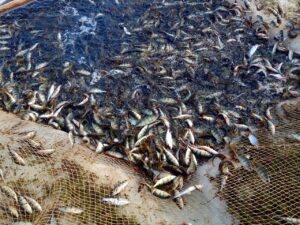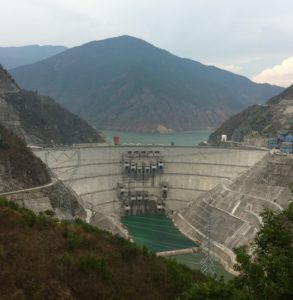Featured News
The Coronavirus Pandemic Impacts on the Seafood Industry, the Climate, and Wildlife Trafficking
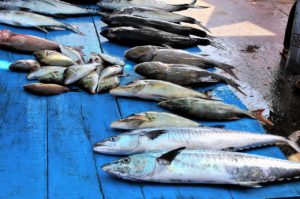
Seafood production and demand has been severely impacted by global disruption caused by the spread of the coronavirus pandemic. As stock markets reel, reports have emerged that the seafood industry is following suit. New Zealand’s seafood exports lost $20 million within a month and the price of Norway’s farmed salmon plunged despite both countries reporting moderate cases of the outbreak. Low demand in Asia, particularly from China, has led to large market losses. A new study found that the biggest seafood companies lost over $1 billion in value as a direct result of COVID-19. However, the industry is proving to be resilient, as the disruption in restaurant demand in the U.S. has prompted U.S. suppliers to focus instead on the retail grocery market and sales of frozen, fresh, and shelf-stable seafood are all up in the U.S. in the wake of the pandemic.
Industry events have also been affected. The 2020 Boston Seafood Show was set to be held in mid-March, but after over 150 companies from China pulled out, the expo was postponed. The 2020 Brussels Seafood Expo in April has been postponed. The world’s leading tuna trade show, TUNA 2020, set to be held in Bangkok in late May, has also been postponed. With the outbreak escalating and markets and trade patterns in flux, the full damage to the seafood industry remains to be seen, although some are speculating that some aspects of the industry might be changed forever.
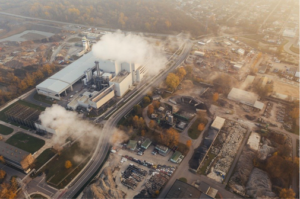
While factory closures, grounded planes, and an overall slowdown in economic activity have resulted in a drop in global carbon emissions, it is too soon to estimate whether coronavirus will ultimately have any long-term positive effect on global climate mitigation. Maps incorporating data from NASA and European Space Agency satellites show how nitrogen dioxide, a gas produced by fuel combustion, dissipated over China after the outbreak. Since the outbreak started, emissions in China have fallen by 25%, which is the equivalent of approximately 200 million tons of carbon dioxide. However, these changes may be temporary when factories reopen and subsidies are poured into the manufacturing sector to revive the stalled global economy. Some have also argued that an economic crash may divert money and political will from further mitigation efforts and chill the momentum leading up to COP26 in Glasgow in the fall.

The coronavirus outbreak has caused China to ban the trade of wild animals for consumption in an attempt to control zoonotic diseases, which jump from animals to humans. The original animal host for the COVID-19 virus has not yet been identified, but it has been linked to both the trafficked pangolins and bats sold in a wild animal market in Wuhan, part of a widespread practice that has huge threats to public health. China’s wildlife trafficking industry is estimated at $74 billion and employs over 14 million people. The government’s ban is a big step in wildlife protection, but loopholes must be closed to ensure this remains permanent after the pandemic passes. For example, the ban still allows for the trade of wild animals for medicinal use. The pandemic provides an opportunity for conservationists to reframe the public perception of the wildlife trade and consumption.
Climate change-driven rains and flooding lead to a huge locust outbreak in the Horn of Africa
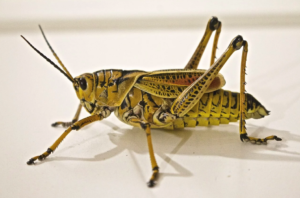
Unusually heavy rains in East Africa have resulted in vast swarms of the desert locust, and climate change is expected to exacerbate this situation. Swarms that include billions of locusts have decimated crops in the Horn of Africa, and the swarms can travel over 90 miles per day and eat as much in one day as 50 million people. Mark Lowcock, the Under-Secretary-General and Emergency Relief Coordinator for the UN and head of the UN Office for the Coordination of Humanitarian Affairs, warned that of the 13 million people in the region who are food insecure, 10 million live in places affected by locusts. Echoing the severity of the situation, the FAO disaster and resilience team said that the locust swarms may put another 20 million people at risk of food insecurity. The UN is calling for $76 million in immediate emergency aid to combat the locusts and prevent further damage. As the swarms may attack the vegetation that supports numerous herder communities, there is a risk that the locusts may also lead to conflict over communal pastureland.
In Case You Missed It
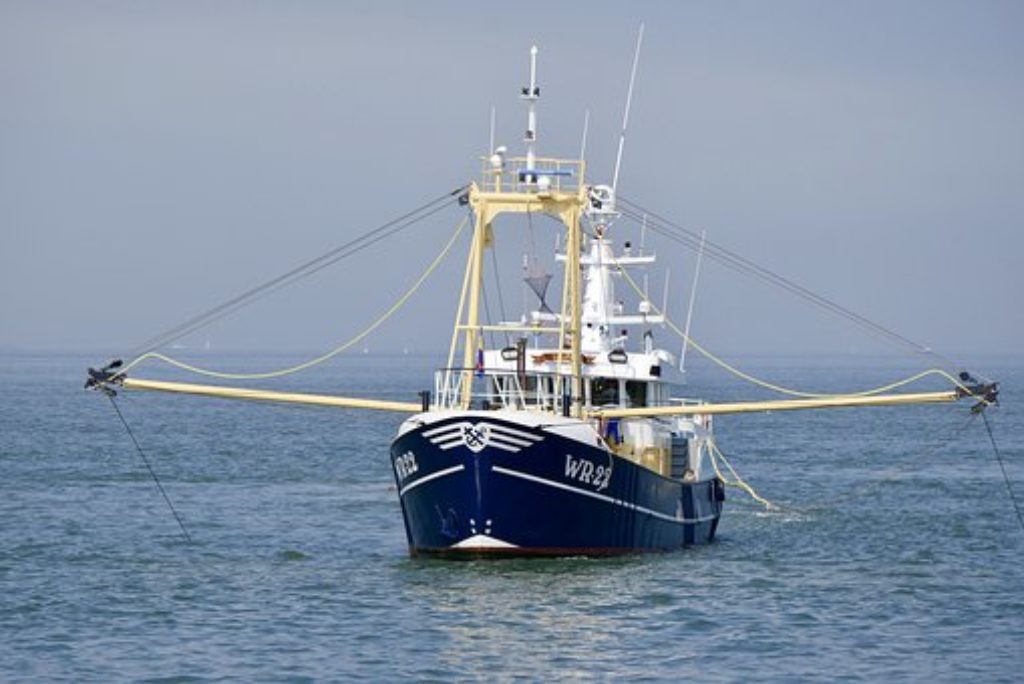
Chinese Trawler illegally fishing in Ghana again
A Chinese-owned vessel who was caught last year fishing illegally in Ghanian waters and fined $1 million was caught again fishing in West Africa without having paid the fine. The trawler Lu Rong Yuan Yu 956 was caught arrested for illegal fishing in June 2019, and under Ghanian law any ship caught engaging in illegal fishing is not entitled to be issued another license to fish, either in local Ghanian waters or elsewhere. According to the Environmental Justice Foundation, AIS maps show the vessel has been operating over the last few months in the domestic waters of Ghana and the Ivory Coast.
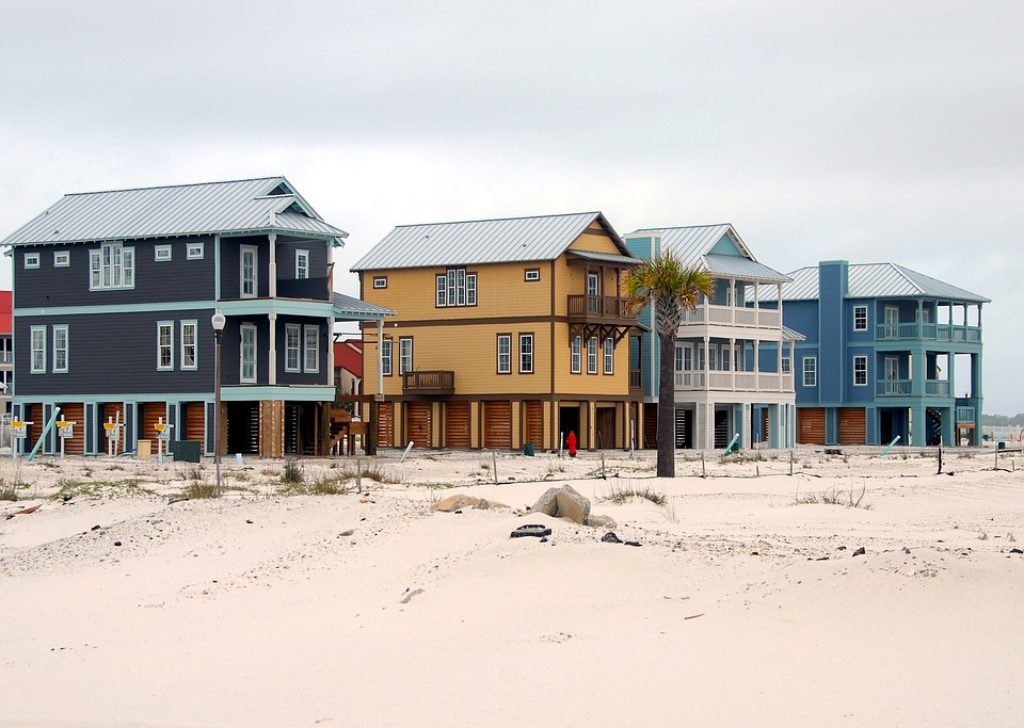
U.S. government advocating use of eminent domain for the removal of homes in flood risk zones
As part of an initiative to protect people from disasters, the federal government has requested local governments use eminent domain to seize property to remove residents from flood-prone homes from the Florida Keys up to the New Jersey Coast. Local governments have been given a choice: forfeit federal funds to help with coastal climate change mitigation, or commit to the politically unpopular step of forcing out residents who refuse to move. Eminent domain allows for government to seize land for the public good, and it has a controversial past riddled with allegations of civil rights abuses. Initially, the Army Corp of Engineers administered a voluntary floodplain buyback program, but as the voluntary programs have been insufficient more drastic measures are being taken.

EU-UK fishing rights after Brexit
Fishing rights have become a major sticking point in the UK/EU post-Brexit free trade agreement negotiations as the UK aims to reclaim independent control over its coastal waters. Boris Johnson’s government prefers to avoid including fishing rights in the trade agreement, in the hopes of negotiating a separate future agreement that would sharply reduce European vessel access into British waters and allow for access and catch shares to be renegotiated annually. Despite accounting for 0.1% of Britain’s GDP, fishing has historically been a politically sensitive issue. Continental European vessels have been fishing off the coast of Britain for millennia, and this restriction will especially affect fishermen from Spain, France, and Portugal. The failure to come to an agreement may see the return of fishing disputes between the UK and the EU.
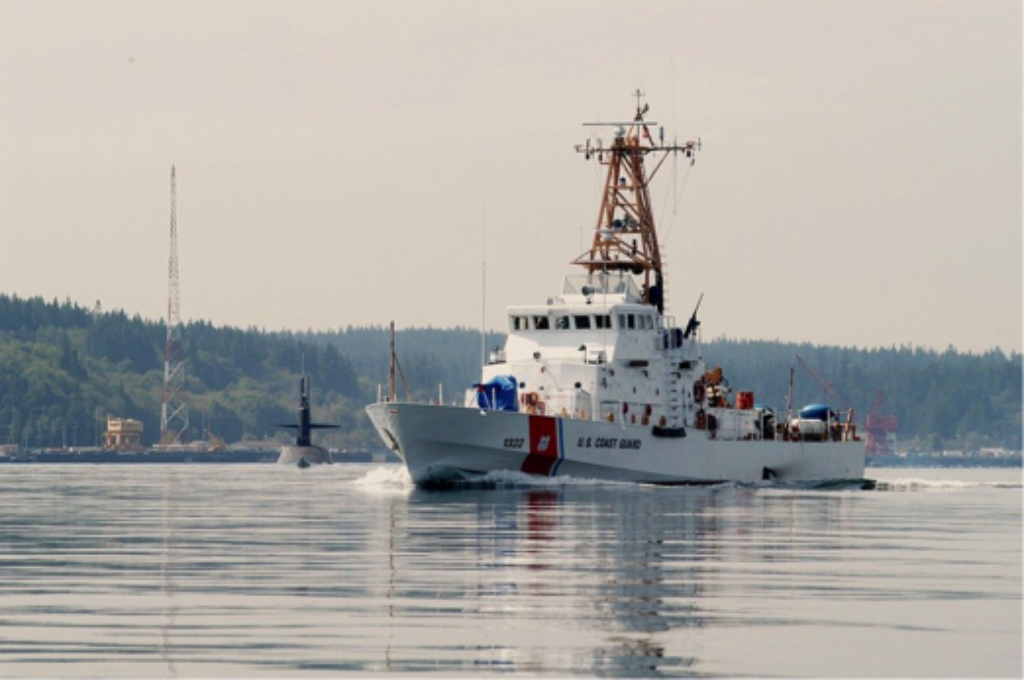
The U.S. Coast Guard intercepts two vessels fishing illegally in the U.S. EEZ off Guam and Hawai’i – the first interdictions since 2012
A U.S. Coast Guard cutter recently intercepted two vessels fishing illegally in U.S. waters off Hawaii and Guam. While the Coast Guard has intercepted foreign incursions into the exclusive economic zones (EEZs) of partner countries and combated illegal, unregulated, and unreported (IUU) fishing in the high seas, they had not caught any vessels in the U.S. EEZ for eight years. Many Pacific island countries and even U.S. Pacific island territories lack the capacity to police their sovereign waters. The problem of IUU continues to be a significant threat to food, economic, ecological, and maritime security.
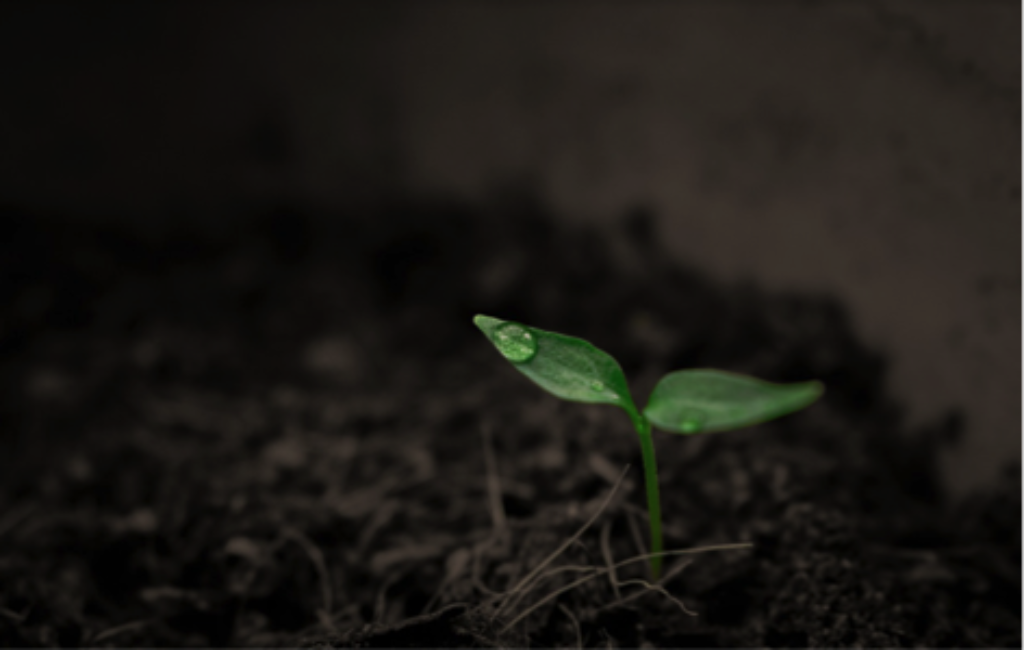
How climate change can affect natural seed banks
As seeds fall into the soil, often laying dormant for years until germination, they become part of the natural storage of seeds in “soil seed banks.” These banks have generally been thought to withstand more extreme temperatures than the growing plants above the ground. A recent study details that the Tibetan plateau is experiencing warming at 1.5 times the global rate, with precipitation and higher temperatures harming dormant seeds. Climate change will affect the ability of those seeds to germinate, grow, and survive. Warm spells and high soil moisture can trigger seeds to sprout too early and ultimately cause high mortality rates. The soil seed bank provides an important source of ecosystem resilience and more research must be done to understand the effects of climate change below ground.


